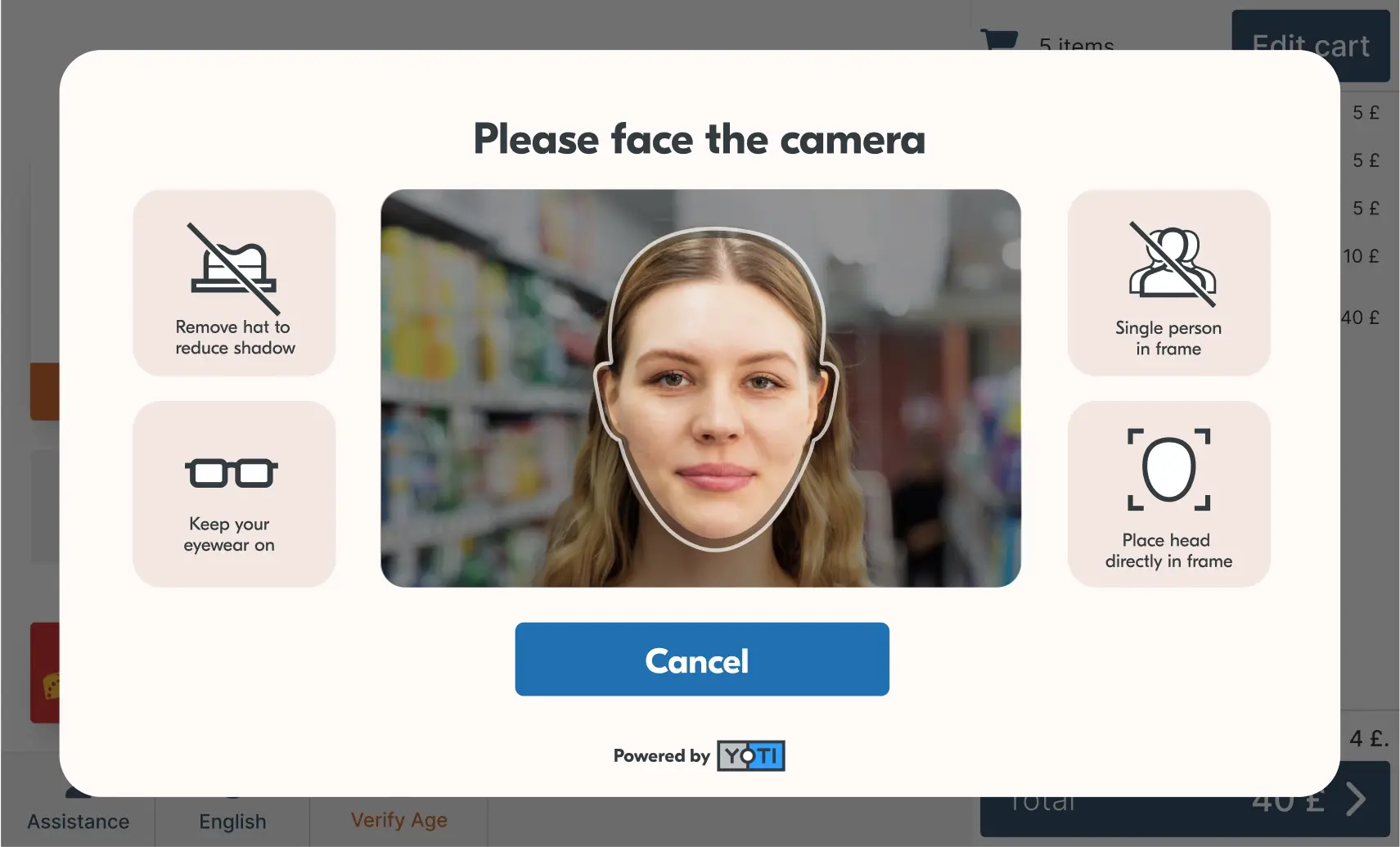Articles
Understanding the UK’s new Data Act
The Data (Use and Access) Act, now known more simply as the “Data Act”, is a landmark piece of UK legislation that aims to reshape how individuals and businesses interact with digital data. It introduces provisions for a national digital identity trust framework, helping to foster trust in digital identities by ensuring that businesses adhere to strict standards during digital transactions. This blog gives an overview of the Data Act and what this means for digital identities in the UK. Why has the Government introduced the Data Act? The Government has said that the Act will “unlock the
Why early detection is critical in stopping deepfake attacks
Digital identity and age verification are becoming integral parts of customer onboarding and access management, allowing customers to get up and running on your platform fast. However as customer verification tools become more advanced, so too are fraudsters seeking to spoof systems by impersonating someone, appearing older than they really are or passing as a real person when they’re not. Deepfake attacks, which can mimic a person’s face, voice or mannerisms, pose a serious threat to any business using biometric customer verification. In this blog, we explore why detecting deepfakes early is essential for maintaining trust, security and regulatory
Understanding age assurance in Spain's new online safety law
As digital technology continues to shape how people interact, communicate and consume content, protecting children online has become an increasingly urgent issue. Recognising this, the Spanish government has proposed the Organic Law for the Protection of Minors in Digital Environments. The law is now in its final stages of approval. While comparable initiatives such as the UK’s Online Safety Act and California’s Age-Appropriate Design Code exist in other jurisdictions, the Spanish law stands out for its broad scope and emphasis on enforceable age assurance, platform accountability and digital literacy. Its comprehensive framework places it among the leading examples of
"We need an army of Elliots" - why it’s bonkers we’re not using facial age estimation to sell alcohol
Let’s just get this out there: humans are not great at guessing ages. Don’t just take our word for it. Studies have proven this to be the case. Most of us reckon we can largely say if someone is under 25 using the Challenge 25 technique but when put to the test, the truth comes out: retailers do let some under 18s buy alcohol. Not always and not everyone, but some people are incorrectly estimated to be older than they really are. Let’s be honest, this is not ideal. Now, to be fair, not all humans are created equal.
Why facial age estimation, the most accurate age checking tool, shouldn’t be left on the sidelines
Many of us have been there: standing at a self-checkout, scanning our shopping, only to hit a roadblock when the till flags an age-restricted item like a bottle of wine or a pack of beer. With age verification accounting for between 40 – 50% of interventions at self-checkouts, it significantly disrupts and slows down the checkout experience. We wait for a retail worker to approve the sale. The retail worker does a visual estimation of our age – they look at our face and guess whether we’re old enough to buy the item. Most retailers follow the Challenge 25
Why testing data is as important as training data for machine learning models
When developing machine learning systems for facial age estimation, the conversation often centres on the training data: how much you have, how diverse it is, how inclusive it is, and how well it represents your end users. Not to mention, where the data comes from. Intuitively, that focus makes sense. More data presumably leads to better models. But test data is just as important, and in some ways, even more critical for ensuring models perform effectively. Training data: more isn’t always better Common sense would suggest that for a machine learning model “the more data, the better.” And that’s






